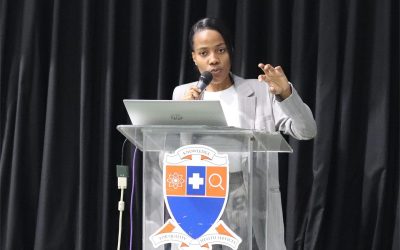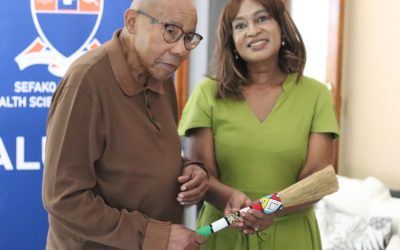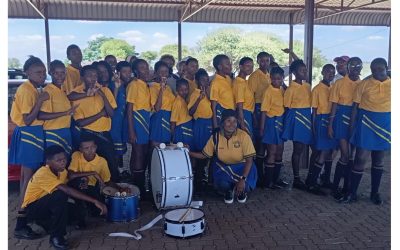Sefako Makgatho Health Sciences University (SMU) is celebrating the achievement of Kalaba Nkonde—Lecturer in the Department of Pharmacy Practice, Academic Instructor for the Dispensing Short Course for Healthcare Professionals, and PhD candidate—who has been selected as a 2025 Mandela Washington Fellow.
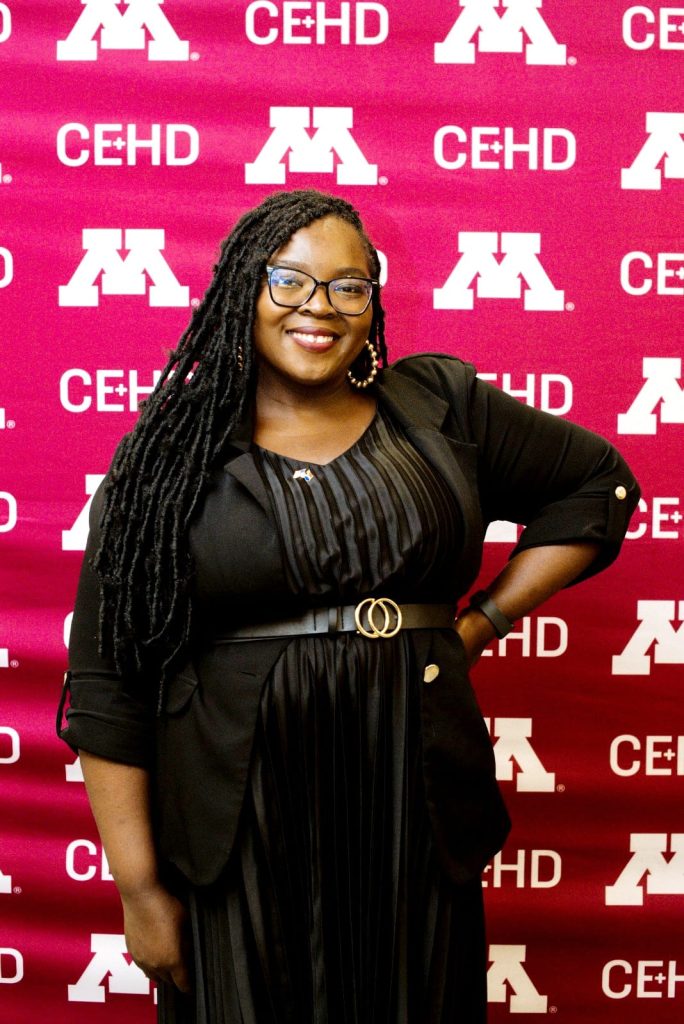 The Mandela Washington Fellowship, part of the United States’ Young African Leaders Initiative (YALI), is one of the most competitive leadership programmes on the continent. Chosen from more than 58,000 applicants across Sub-Saharan Africa, Nkonde joins an elite cohort of approximately 620 Fellows recognised as some of the best and brightest young leaders in agriculture, business, civil society, education, energy, healthcare, technology, trade, and security.
The Mandela Washington Fellowship, part of the United States’ Young African Leaders Initiative (YALI), is one of the most competitive leadership programmes on the continent. Chosen from more than 58,000 applicants across Sub-Saharan Africa, Nkonde joins an elite cohort of approximately 620 Fellows recognised as some of the best and brightest young leaders in agriculture, business, civil society, education, energy, healthcare, technology, trade, and security.
Recalling the moment she learnt of her selection, Nkonde says, “I initially ignored the notification, but when I finally opened the email, I screamed. It felt like time stopped—a surreal moment of disbelief, immense gratitude, and excitement. It reminded me that purpose, preparation, and passion can align in powerful ways.”
Her application reflected her extensive work at the intersection of pharmacy, public policy, and public health advocacy, with a particular focus on equitable access to medicines and health literacy. “I positioned my application around systemic thinking—linking pharmacy education to patient-centred care and policy reform. What set it apart was its multidimensional nature: academic achievements, leadership roles, volunteerism, and community initiatives,” she explains.
Nkonde attended a six-week Leadership Institute at the University of Minnesota – Twin Cities, in the U.S. under the Public Management track. Across 26 U.S. institutions in 21 states, Fellows engage in leadership training, academic study, networking, and weekly community service. For Nkonde, the most transformative experiences came from connecting with other African changemakers and U.S. leaders. Influential figures included her project coach, Dr Olihe Okoro, and leadership scholar Dr Artika Tyner, whose session on inclusive leadership reshaped her understanding of leadership as service.
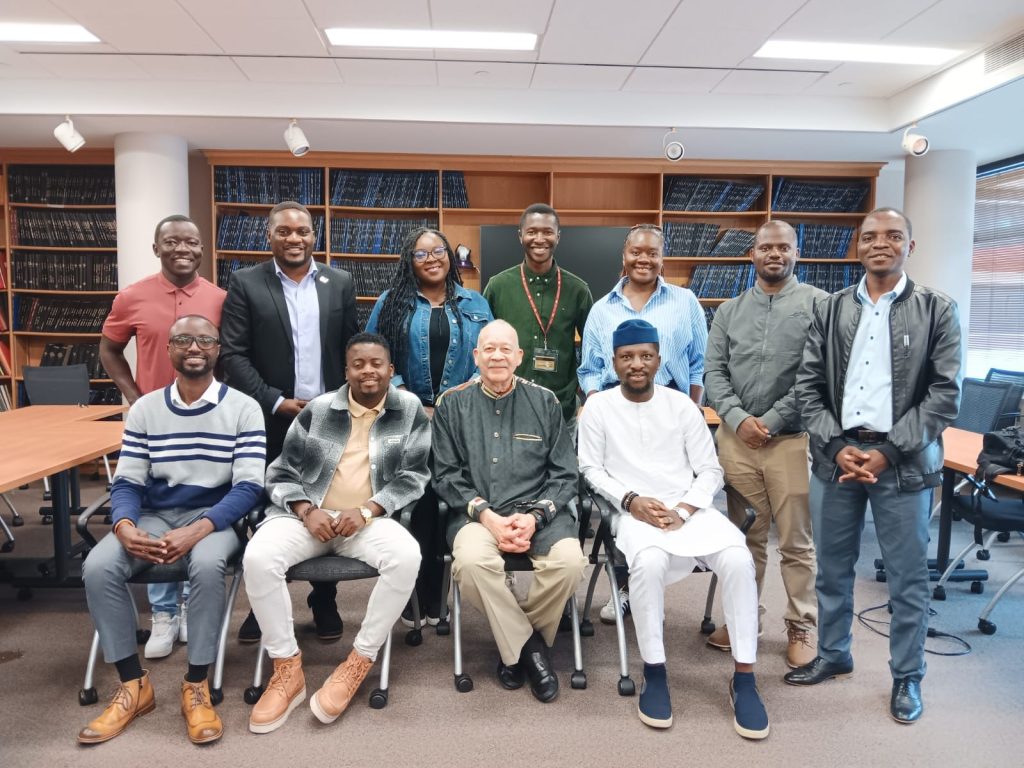
The academic director and staff were instrumental in ensuring the fellows made the most of the experience incorporating networking sessions and providing spaces for collaboration. “Dr Ashley Watson and team always mentioned my name in rooms I never would have imagined myself in. They ushered me in the best possible directions and set me up for leadership success.” Nkonde recalls.
A core focus of Nkonde’s work is literacy-centred health education. “In South Africa’s diverse linguistic and socioeconomic context, health literacy can mean the difference between access and exclusion,” she says. Currently, she is piloting a literacy initiative in SMU’s School of Pharmacy, inspired by her Fellowship experiences, with plans to expand it to improve patient outcomes and student success.
Looking ahead, Nkonde intends to integrate global best practices into SMU’s pharmacy curriculum, foster policy literacy, and create more opportunities for student leadership and international collaboration. “Equity in healthcare is not just a technical issue—it is a leadership challenge,” she emphasises.
Her advice to aspiring changemakers is clear: “Start where you are, with what you have, and lead with integrity. Don’t wait for permission to be bold—be the bridge where none exists.”
The Mandela Washington Fellowship is a programme of the U.S. Department of State, funded by the U.S. Government and administered by the International Research & Exchanges Board (IREX).
By Tumelo Moila

